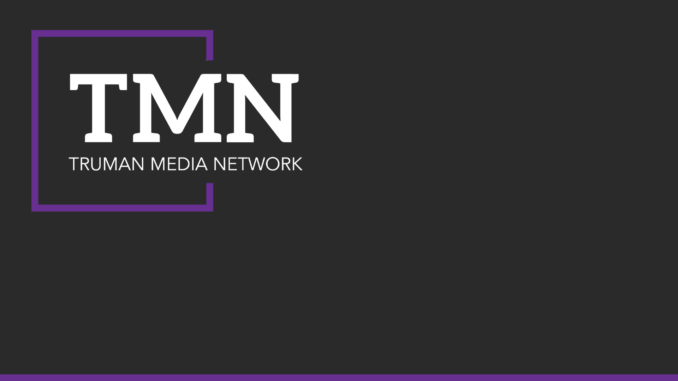
With the COVID-19 pandemic causing abrupt cancelations to most in-person events, perhaps the only things not being canceled are awareness days, weeks and months. For instance, this April is autism awareness month. Around 1 in 40 people have autism, and there are even students on Truman State University’s campus who have autism. How do I know? I am one of them. I was diagnosed at a very young age, and doctors didn’t know whether I would even be able to attend college at that time. Now I am a student at Truman, the No. 1 public university in the Midwest. And I am not alone.
So, with this month coming up, and with so much misinformation around the subject of autism, I decided to compile a list of how to be the best ally during autism awareness month and beyond.
First, you should listen to people with autism for information on autism and uplift autistic voices. We experience it firsthand, and we could probably answer most, if not all, questions on the subject. The main reason people don’t do this already is because autism is seen as an inferiority. We are seen as incompetent, or not knowing our own struggles, but I for one know my own strengths and weaknesses better than anyone else.
Second, be aware of the way you speak about autism. It’s common knowledge not to use the r word, but harmful language stems way beyond that. Person first language (i.e. saying “person with autism” instead of “autistic person”) has been pushed for years by the general public, but in the autism community, most of us actually prefer identity-first language (i.e. “autistic person”) because autism is something that is part of us from the day we are born until the day we die. If I weren’t autistic, I wouldn’t be me. In addition, functioning labels (such as “high functioning,” “low functioning,” “mild,” “severe,” etc.) are harmful because it puts us in a box. Most people think that because I am in college I must be “high functioning,” when I actually just do a really good job at hiding my symptoms, and it was a lot more “obvious” when I was a little kid. Functioning labels also include the term Asperger’s, which was taken out of the Diagnostic and Statistical Manual in 2014. Asperger’s not only carries the same harm as other functioning labels, but the term was also coined by Hans Asperger (a Nazi doctor) to decide which autistic people were worth keeping and which should be killed during the Holocaust. Lastly, autism is a neurodevelopmental disability. It is not a disease, a tragedy, an illness or a burden. Talking about autism in this manner furthers the stigma surrounding it and autistic people.
Next, avoid certain groups and ideologies. This includes the world’s most popular organization, Autism Speaks. Autism Speaks has a long history of being cruel to autistic people, furthering stigma. For instance, Autism Speaks stated that autism was worse than cancer in a 2009 public service announcement. The group also spreads harmful misinformation, including the false belief that vaccines cause autism. Saying no to Autism Speaks, the color blue and puzzle pieces for autism awareness month helps autistic people. Perhaps consider supporting an autistic-run organization instead, such as the Autistic Self-Advocacy Network, and using the colors red or gold instead of blue. Last April, one of my assistant managers put on an autism acceptance day at my workplace upon finding out I was autistic. We all dressed in red, and it was one of my favorite days at work ever. Positive experiences like this can really help autistic people.
Finally, challenge harmful stereotypes and your own narratives surrounding autism. A lot of people think girls have a lower autism rate than boys. Girls just show different symptoms of autism than boys do, so they either go undiagnosed or are diagnosed much later in life. In addition, there’s no “one way” to be autistic. Autistic people’s brains diverge more from each other than neurotypical people’s brains.
These are only a few ways to support autistic people during autism awareness month. It doesn’t have to end in April, though. Supporting autistic people year-round matters.
